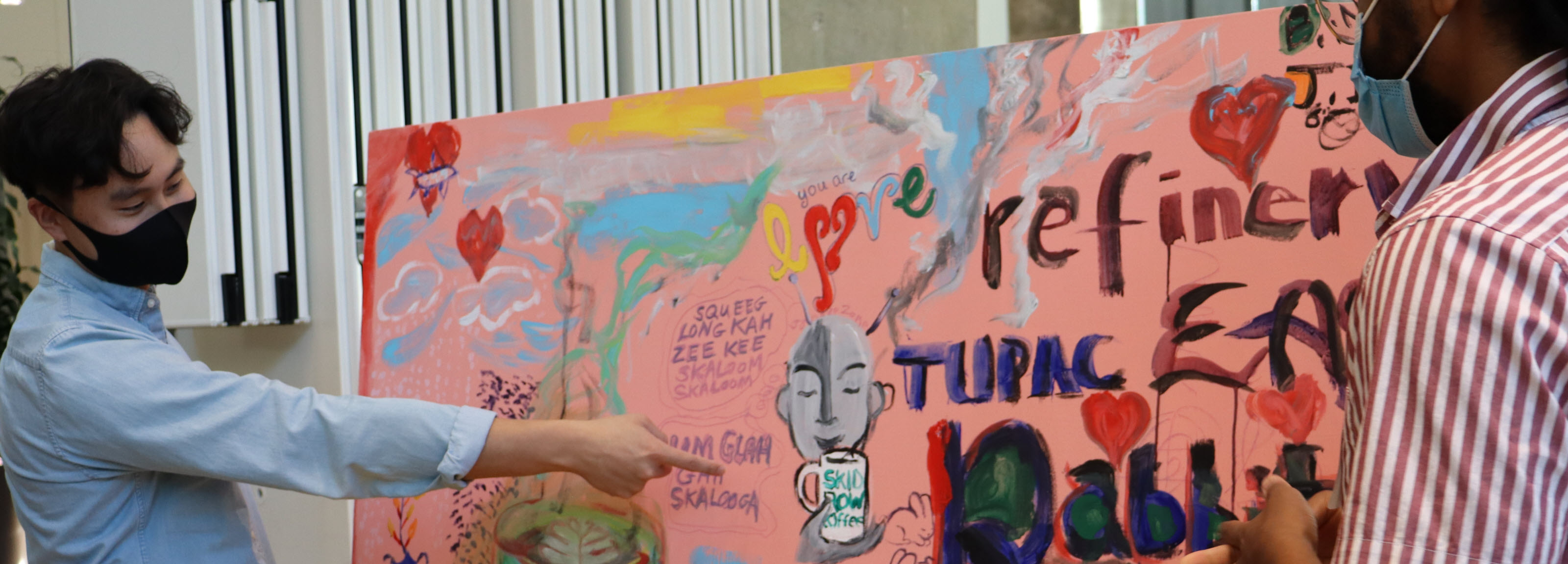
Meeting the Challenges of Health Equity
KPSOM’s community engagement work spans across the school, and ranges from global health initiatives that take students around the world to programs targeting health disparities in our backyard. Our Service-Learning curriculum is a key component of these efforts.
In the Service-Learning course, which is taught through the Department of Health Systems Science, students are assigned to a Federally Qualified Health Center (FQHC) during their first two years of medical school. In this nonclinical course, students learn from both healthcare professionals and community members with firsthand knowledge of local health and health equity challenges.
This required course occurs monthly throughout the first two years of medical school, and the curriculum is co-designed and co-authored by community partners, ensuring focus on community-identified priorities to train engaged and responsive future physicians.
Through their experiences, students learn principles and practices of trustworthiness and community engagement. They also practice centering community needs and community-led solutions and support efforts through longitudinal, team-based practicum projects.
Federally Qualified Health Centers
KPSOM students work with the following Federally Qualified Health Centers, which are located within the same service areas as the Kaiser Permanente medical centers where students perform clinical rotations. This intentional partnership of Kaiser Permanente clinical training and non-clinical experiences through local FQHCs helps expand students’ understanding of community needs and community-led solutions to advance health equity.
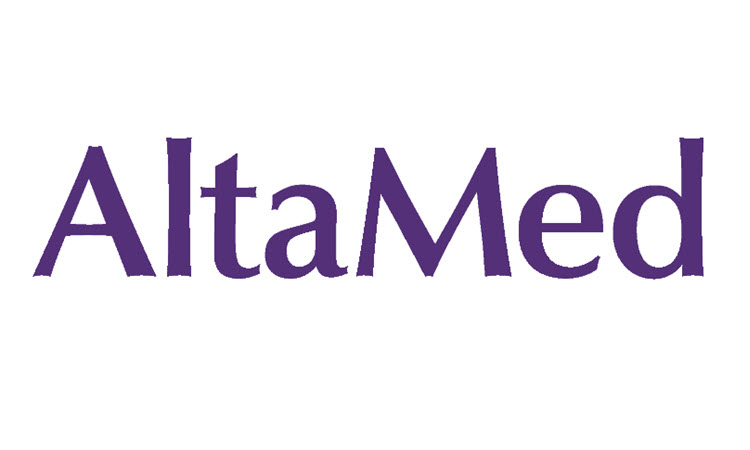
AltaMed Medical Group
Santa Ana-Main
Santa Ana-Bristol
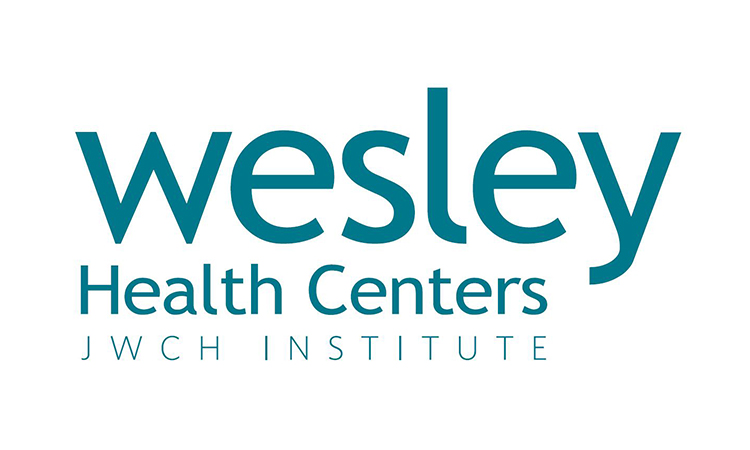
JWCH Center for Community Health
Los Angeles, California
Downey, California
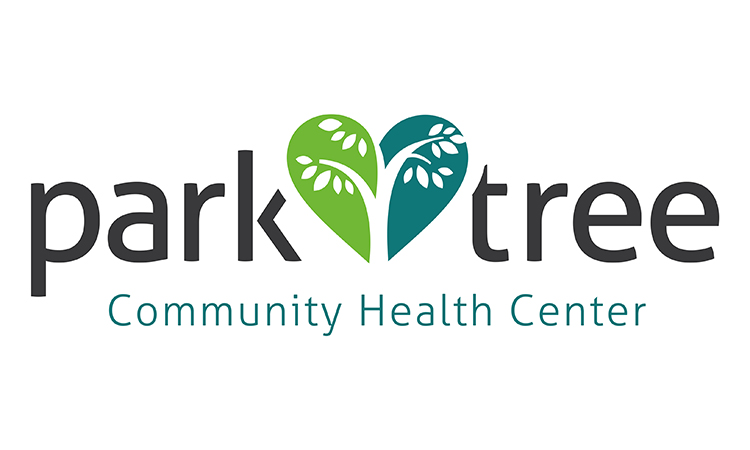
ParkTree Community Health Center
Ontario, California
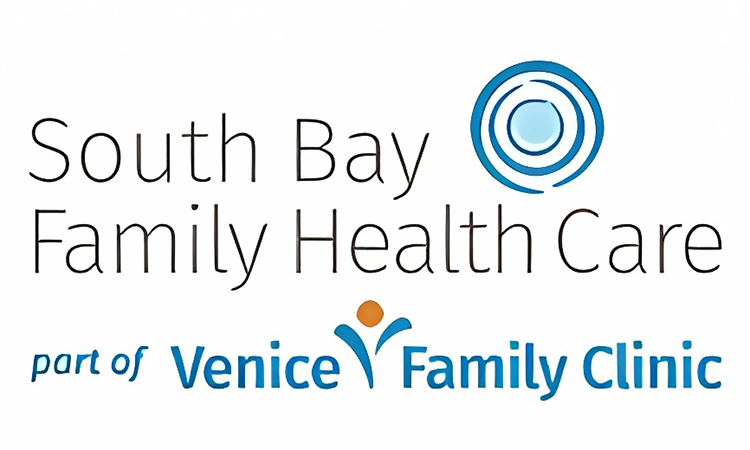
South Bay Family Health Care/Venice Family Clinic
Los Angeles, California
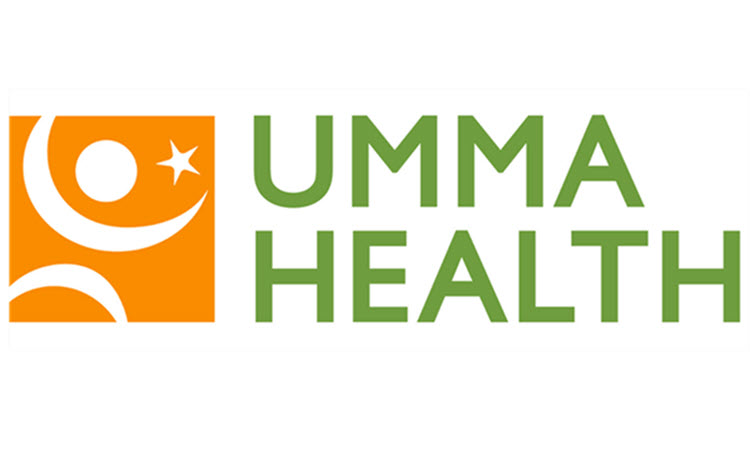
UMMA Health
Los Angeles, California
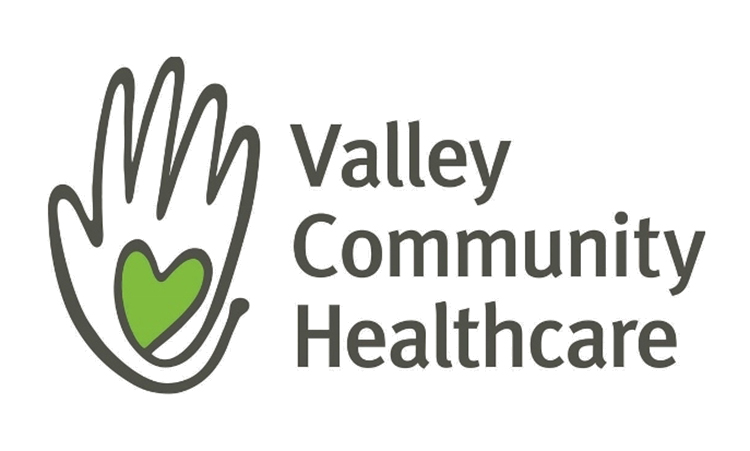
Valley Community Healthcare
North Hollywood, California
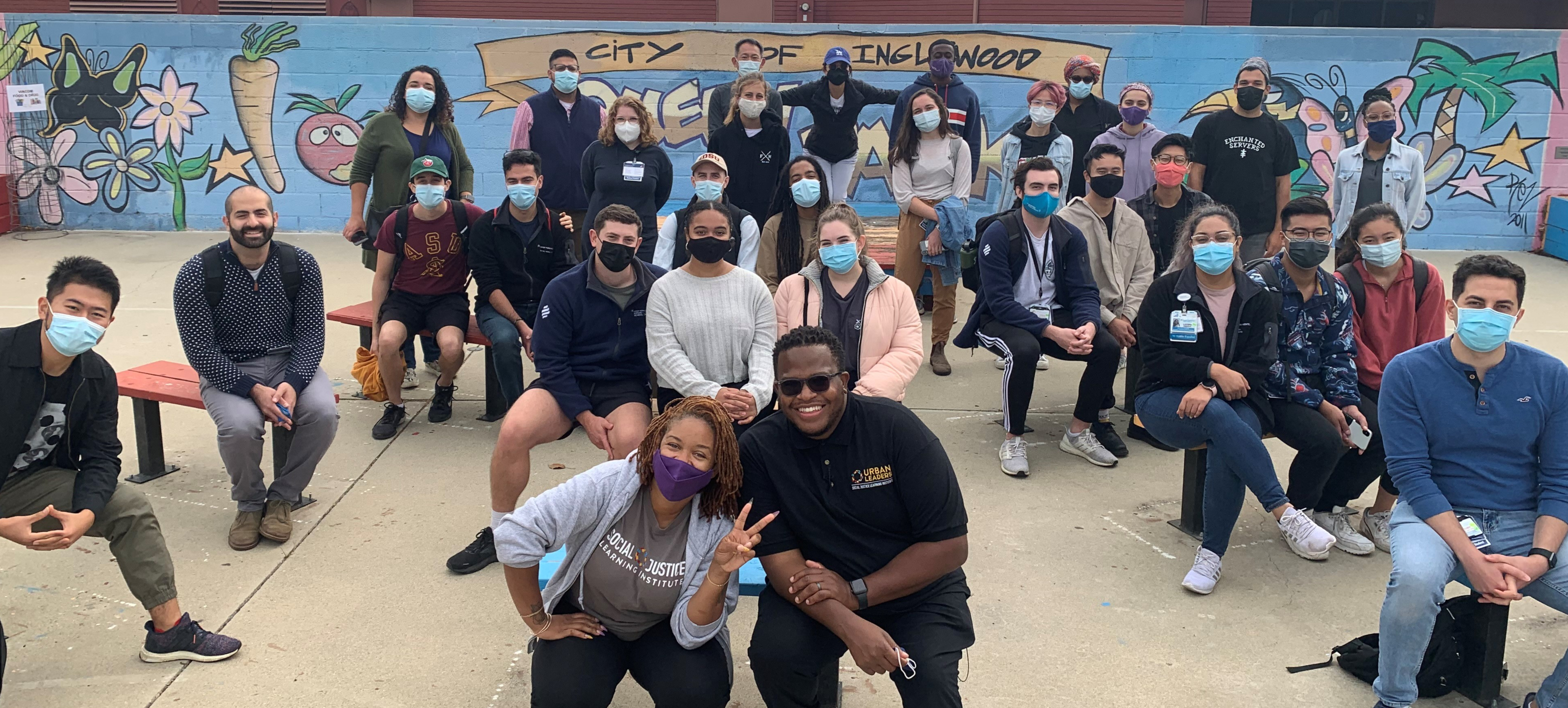
Service-Learning Practicum
An important part of the Service-Learning course is the Practicum project, in which students connect classroom learning with community service. As they learn about upstream factors, systems thinking, and social accountability during the course, students are tasked with building community partnerships through demonstrated trustworthiness and humility. The partnerships serve as the foundation for longitudinal projects that center community needs and community-led solutions. The opportunity to support and serve community-led projects is a unique complement to clinical or research projects during medical training.
Improving preventive health screening rates, introducing art-based healing in Los Angeles’s Skid Row neighborhood, or increasing awareness for transgender health programs are just a few examples of partnered projects students have engaged in through this work. In the process they learn about community and population health, systemic factors that create inequities and how to mitigate them, and social accountability. Their projects are presented at both to the FQHC leadership and at KPSOM’s annual Service-Learning Practicum Symposium and Celebration.